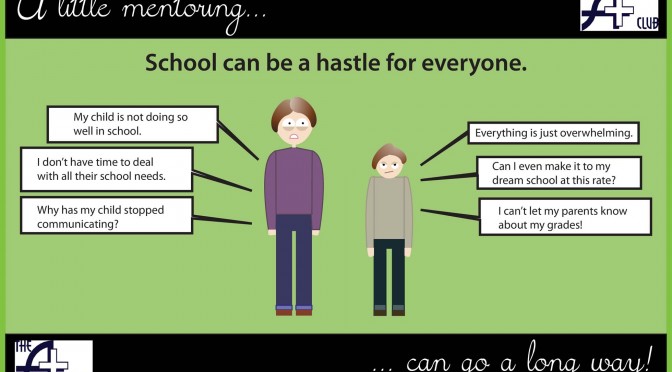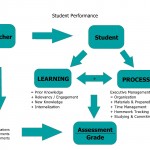 “I’m so bored.”
“I’m so bored.”
Heard that one before over the summer holiday?
Write it down when they say it, record the date and time, and remind them of it when they complain about school in three weeks.
It always amazes me to hear from kids how summer can be “so boring.” Sure, some kids have extraordinary summers, but those experience are fun and memorable for the same reasons that other kids miss school: kids like success.
It is a good reminder for adults that kids do enjoy being in school. The primary thing kids miss is each other, of course, but they also miss the challenges, the excitement of stuff going on, and all the activity which makes their lives in school a speedway.
And what they really like most is success.
Kids enjoy what they do well, so it’s our job as adults to ensure that they stay on the path of accomplishment, that they stay excited and positive about school. When they do, it all seems easy and great.
When they don’t do well, and start wishing for the next summer — all the while forgetting how boring it was last summer — that’s when we really need to double down on positive.
When grades hit the bumps, when work piles up or gets difficult, we want to be reminding them of their successes. Find something that is going right — there’s always something going right — and reinforce it, support it, and repeat it. That little success will get bigger and bigger.
Here are some ways to keep kids on track and from missing summertime:
-
Speak accomplishments not problems
-
Relate short-term obstacles to long-term goals
-
Stay positive even in the face of obstacles or poor outcomes
-
Focus on solutions to process rather than reprimands over outcomes
-
Be consistent in your support
Reinforcing the positives won’t make the difficulties disappear, but it will make them seem less overwhelming. Improvement doesn’t come from reprimand, it comes from correction, and by staying positive we create a healthier attitude of improvement instead of resignation to failure.
It works only if it’s applied constantly and continually. Just as a diet won’t work if followed once a month, neither will academic support if it comes just now and then.
I wish you and your child an enjoyable and positive school year, even if it is full of challenges and difficulties. When your child meets them, school will actually be rewarding and maybe even fun.
– Michael
 Seemed like a good idea at the time…
Seemed like a good idea at the time…

 A student’s mom is upset about her grades and that she’s not doing her homework. But the student thinks her mom is being too pushy. Like high school teens & parents everywhere, they’re both a little right — and also a little wrong.
A student’s mom is upset about her grades and that she’s not doing her homework. But the student thinks her mom is being too pushy. Like high school teens & parents everywhere, they’re both a little right — and also a little wrong.
 When a parent of a middle or high school teen worries that “my student doesn’t test” well, what’s missing is a combination of
When a parent of a middle or high school teen worries that “my student doesn’t test” well, what’s missing is a combination of 
 Parents concerned about their teen’s middle and high school exam and test prep might consider that studying isn’t just a matter of reviewing notes and study guides. Successful testing requires ongoing learning.
Parents concerned about their teen’s middle and high school exam and test prep might consider that studying isn’t just a matter of reviewing notes and study guides. Successful testing requires ongoing learning.
 For successful testing, students need to know what will be on the test. Sounds obvious, but parents don’t want to hear from their teens that there were “surprises” on a test or that they studied for the wrong thing.
For successful testing, students need to know what will be on the test. Sounds obvious, but parents don’t want to hear from their teens that there were “surprises” on a test or that they studied for the wrong thing.
 Meet a student & her mom.
Meet a student & her mom.






